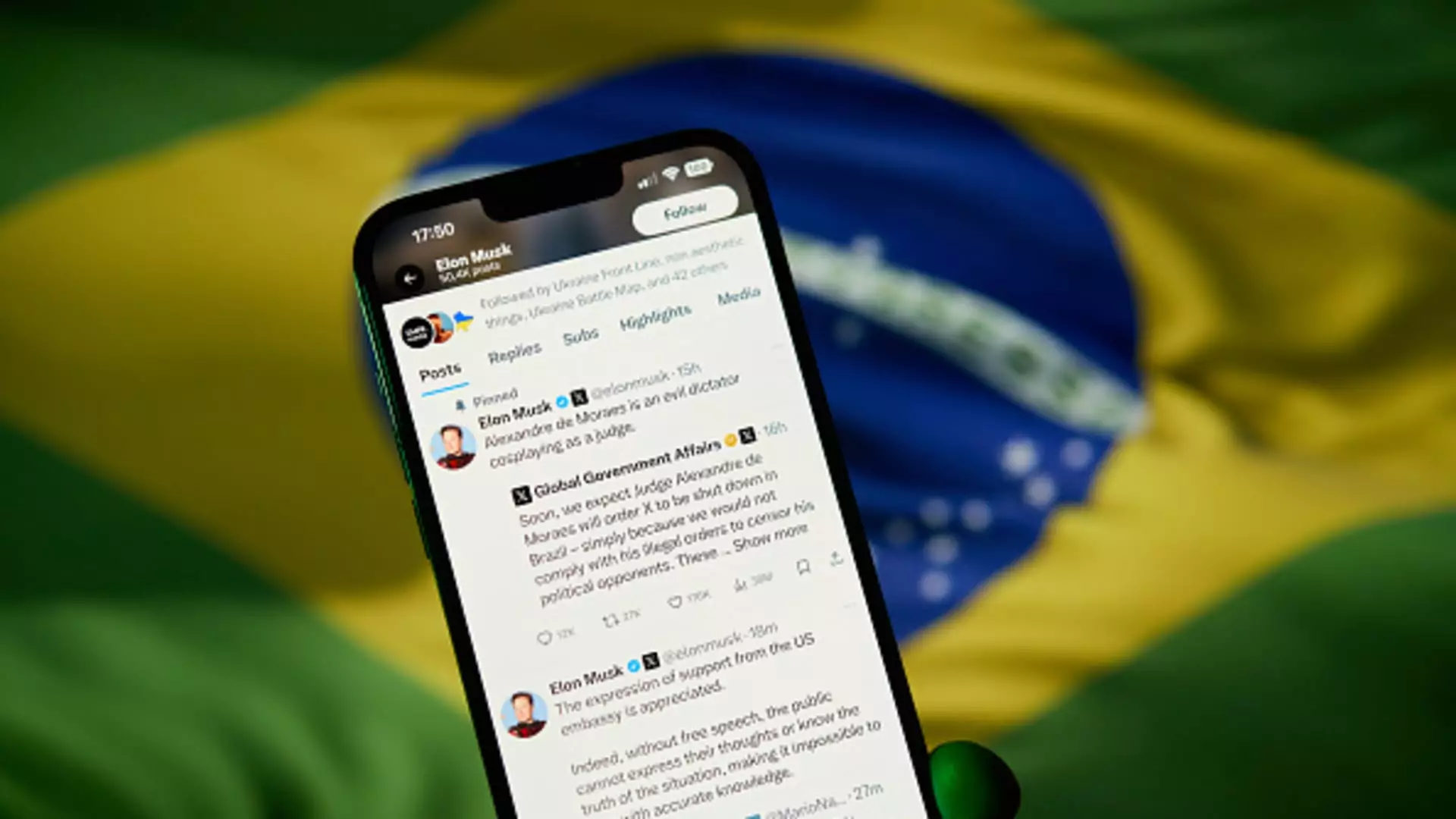Recently, a panel of Brazil’s federal supreme court justices voted unanimously to uphold orders suspending the use of Elon Musk’s social network X nationwide. This decision came after a series of events where the court had issued suspension orders, frozen financial assets, and instructed internet service providers to block access to X until it complies with the court orders.
One of the justices, Luiz Fux, expressed “reservations” about a measure of the order that allows the court to fine individuals or businesses that engage in “subterfuge,” such as using VPNs, to access X while it is blocked. This raises questions about the legality and enforcement of such measures. The court’s top justice, Alexandre de Moraes, had warned Musk and X to appoint a legal representative in Brazil or face penalties, which eventually led to the suspension orders.
X had previously defied court requests to remove accounts or posts that violated Brazil’s laws on political misinformation and hate speech online. As a result, the court froze the financial assets of another Musk-led business, Starlink, to ensure compliance with the orders. Despite Anatel’s instructions to block access to X, Starlink reportedly indicated that it does not intend to comply, risking the revocation of its operating licenses in Brazil.
Musk and his companies have strongly opposed the court’s actions, calling them “illegal” and lacking due process. Musk escalated his rhetoric over the Labor Day weekend in the U.S., even calling for an end to U.S. foreign aid to Brazil and threatening reciprocal confiscation of assets. The situation has sparked a legal battle and heightened tensions between Musk and the Brazilian government.
The blocking of X in Brazil has divided users and politicians over the legitimacy of the ban. While many Brazilians have struggled with navigating other social media platforms in the absence of X, some have started moving to alternative social networks. Bluesky, for example, reported increased activity from users in Brazil, indicating a shift in social media usage patterns.
Musk has portrayed himself as a proponent of free speech, but his track record has been inconsistent. While he has resisted orders to remove content in some countries, X has complied with requests to remove content critical of ruling parties in others. This raises questions about Musk’s commitment to free speech principles and his response to regulatory scrutiny in different jurisdictions.
The suspension of Elon Musk’s social network X in Brazil has sparked a legal battle, public debate, and social media trends. The situation highlights the challenges of balancing freedom of speech, regulatory compliance, and government authority in the digital age. It remains to be seen how the conflict between Musk and the Brazilian government will unfold and whether a resolution can be reached that satisfies all parties involved.


Leave a Reply